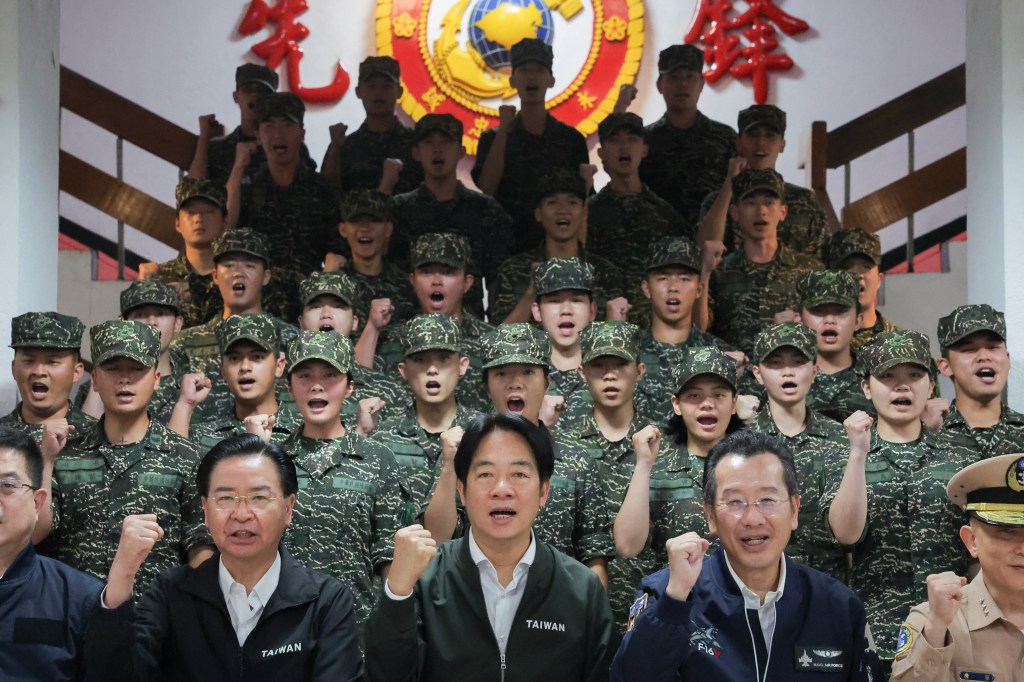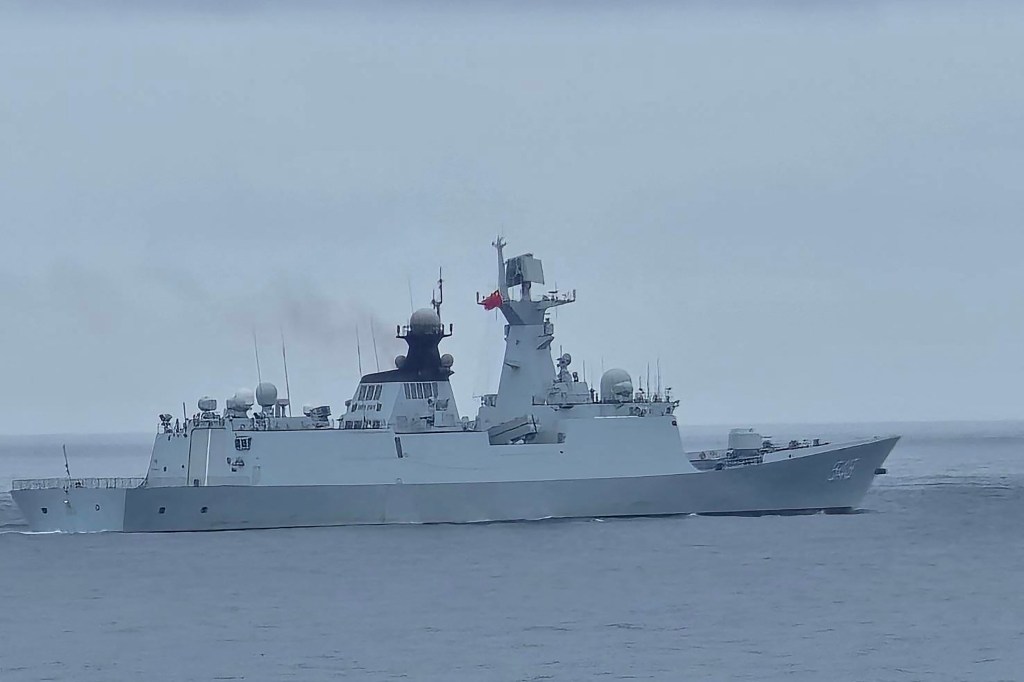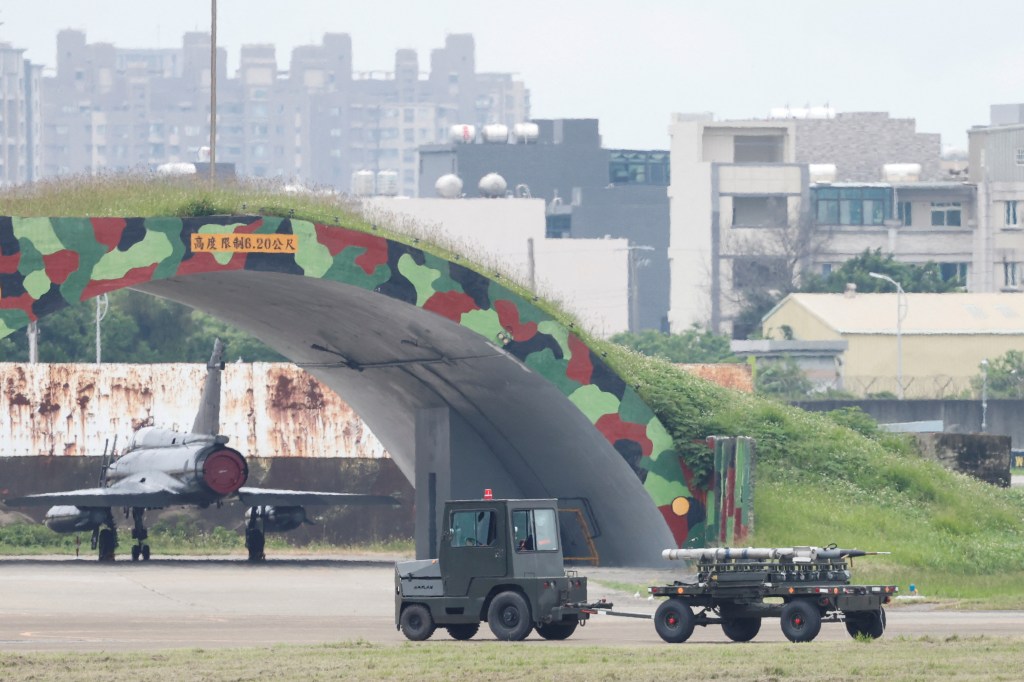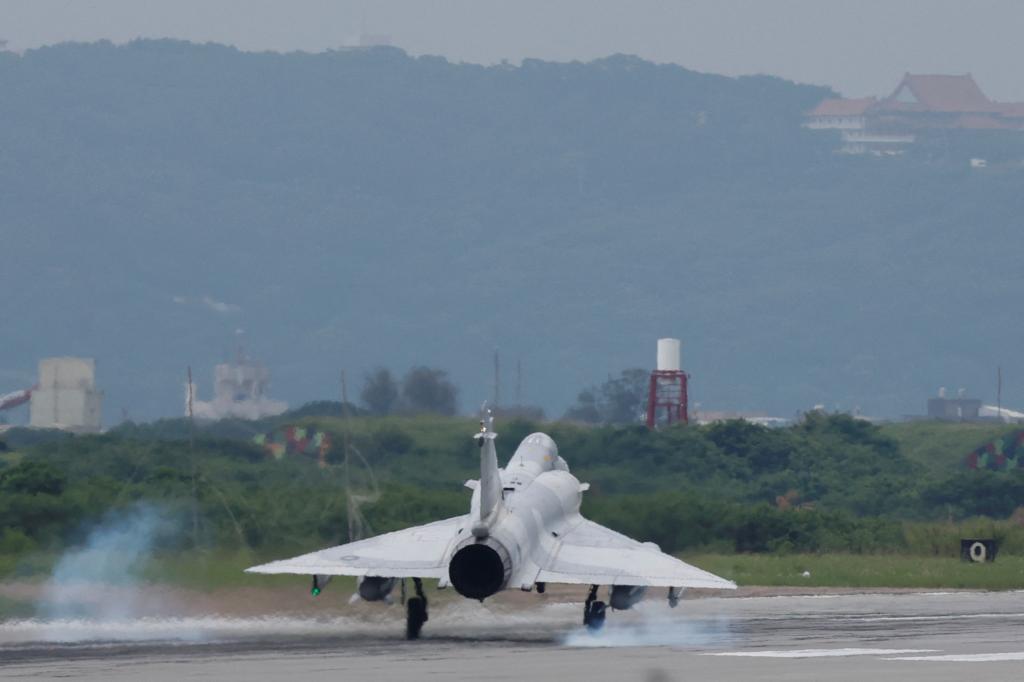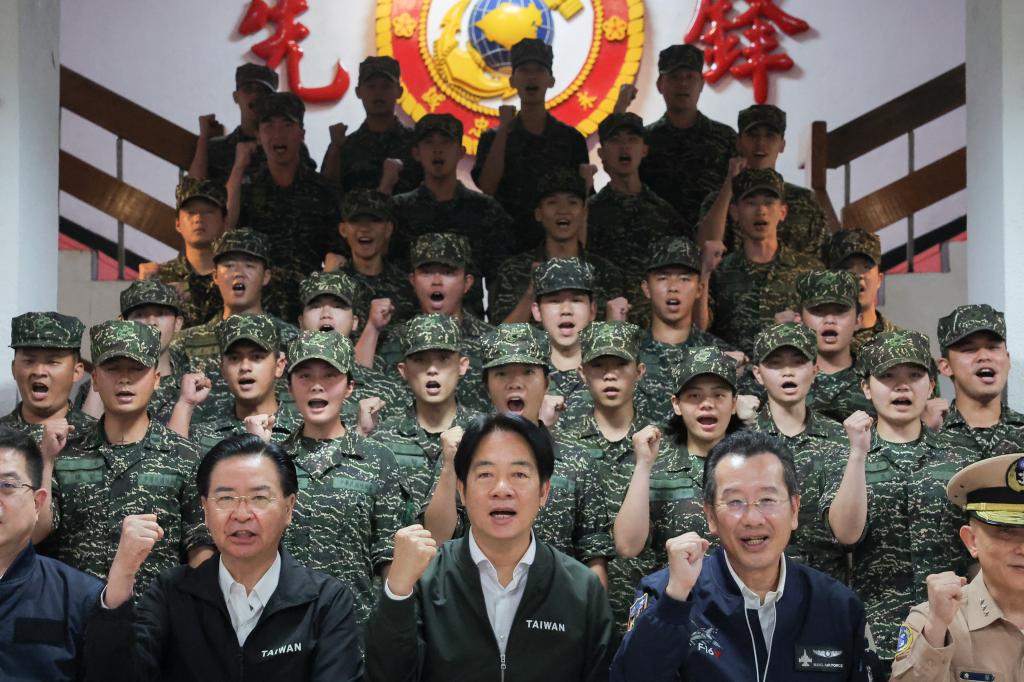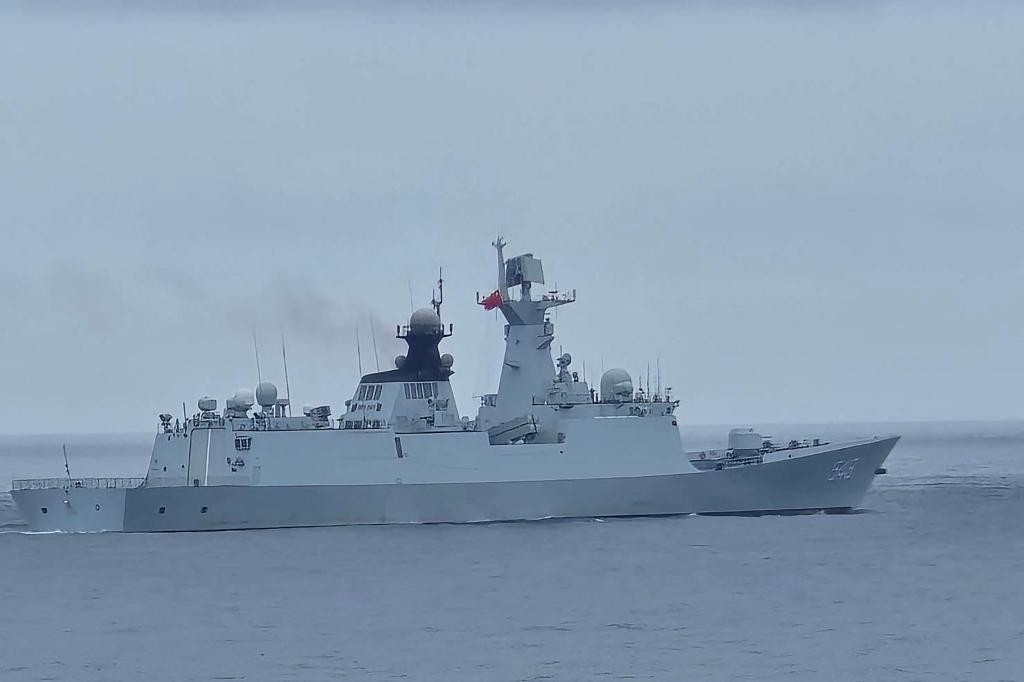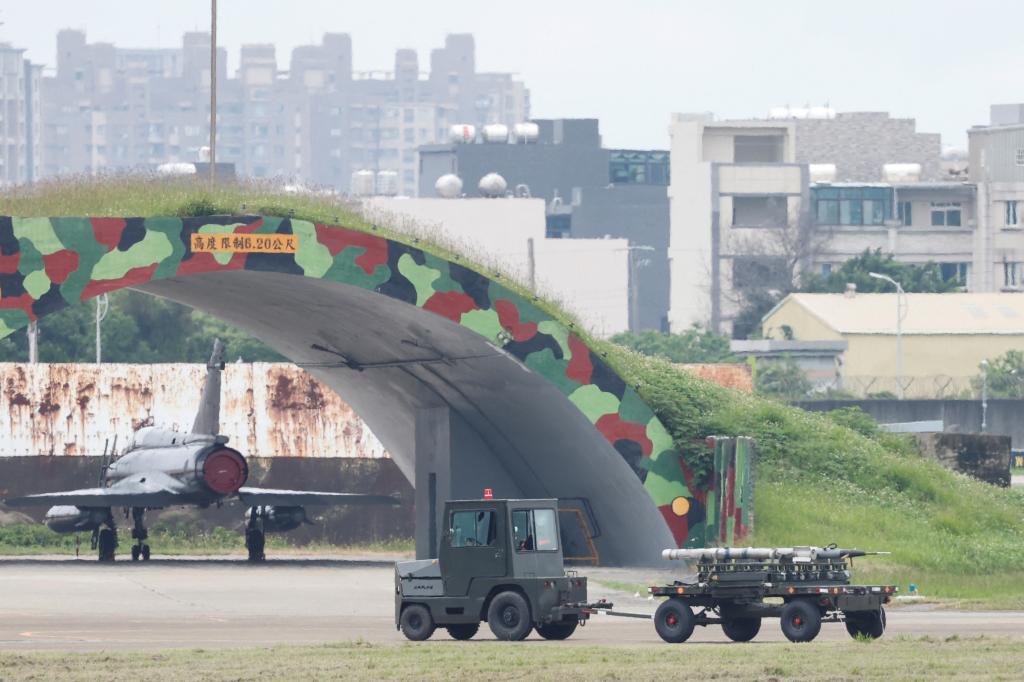Furious China launches two-day ‘punishment’ drills across Taiwan in stern response to ‘separatists acts’
A furious Beijing launched “punishment” drills around Taiwan on Thursday, sending heavily armed warplanes and staging mock attacks in a response to “separatist acts” as state media denounced the newly inaugurated President Lai Ching-te.
The Eastern Theatre Command of the Chinese People’s Liberation Army (PLA) held joint military drills involving the army, navy, air force and rocket force, with Beijing sending out dozens of fighter jets carrying live missiles, according to state media.
The two-day operation will see the jets and warships carrying out mock strikes of high-value military targets.
“This is also a strong punishment for the separatist acts of Taiwan independence forces and a stern warning against the interference and provocation by external forces,” the Chinese military said.
The event is taking place in the Taiwan Strait and around groups of Taiwan-controlled islands that sit next to the Chinese coast.
The drills, dubbed “Joint Sword – 2024A,” is the first time China has held such military exercises around the islands of Kinmen, Matsu, Wuqiu and Dongyin, with the operation set to test “joint real combat capabilities,” according to China’s military.
The operations name, tagged with “A,” also suggests this could be one of several Beijing will conduct this year as it opposes Lai’s ascension to power.
Lai, a man detested by Beijing as a “separatist” for refusing their idea that Taiwan is a Chinese territory, was inaugurated on Monday with a speech touting his nation’s sovereignty.
In his speech, Lai called on China to halt its threats against Taiwan and said the two sides of the strait were “not subordinate to each other” in a blow to Beijing.
Chinese Foreign Minister Wang Yi called Lai “disgraceful,” with Beijing repeatedly rejecting the Taiwanese president’s offers to hold talks between the two nations.
China’s state broadcaster, CCTV, said Lai’s inauguration speech was “extremely harmful” and defended China’s countermeasures as “legitimate, legal, and necessary.”
Taiwan’s defense ministry condemned the “punishment drills” as the military dispatched forces to the areas around the island and stated that its air defense and land-base missile forces were also tracking targets.
“The launch of military exercises on this occasion not only does not contribute to the peace and stability of the Taiwan Strait, it also highlights (China’s) militaristic mentality,” the defense ministry said.
The defense ministry claimed that it was confident it could protect its territories should the Chinese drills turn to something else.
Lai’s office also slammed China’s apparent threat to Taiwan’s democratic freedoms and peace in the region with its “unilateral military provocations,” but the president said his nation’s military can ensure its security.
China has carried out daily military activities near Taiwan over the last four years, with Beijing last staging such large-scale war games in 2023 and 2022.
The latter saw China launch a live-fire military exercise around Taiwan immediately following the visit by former US House Speaker Nancy Pelosi.
Start your day with all you need to know
Morning Report delivers the latest news, videos, photos and more.
Thanks for signing up!
One senior Taiwanese official with knowledge on the matter said rather than a dramatic escalation, this latest war game is all about China “putting a name” to its military activities around Taiwan.
Those drills include Beijing forces crossing the Taiwan Strait’s median line, which had previously served as an unofficial border, as well as staging mock strikes on Taiwanese and foreign ships, the official added.
Su Tzu-yun, a research fellow at Taiwan’s Institute for National Defence and Security Research, warned that the scope of Thursday’s drill is larger than usual and designed to demonstrate Beijing’s ability to control the seas and prevent any involvement of foreign forces.
“The political signals here are greater than the military ones,” he said.
With Post wires









